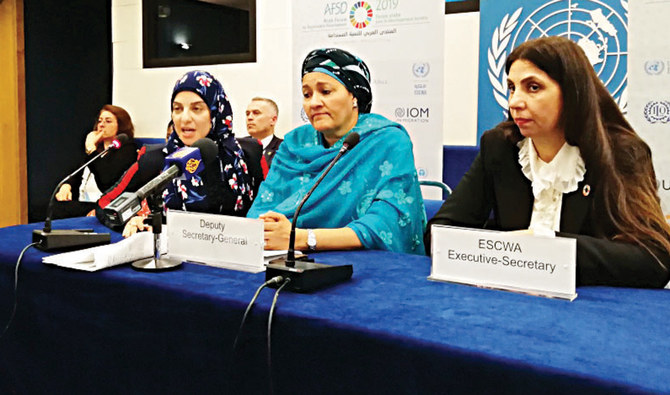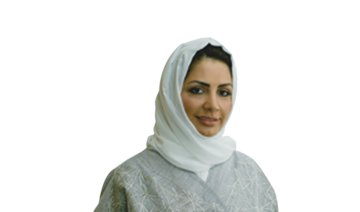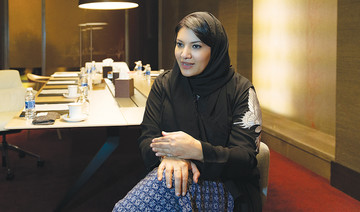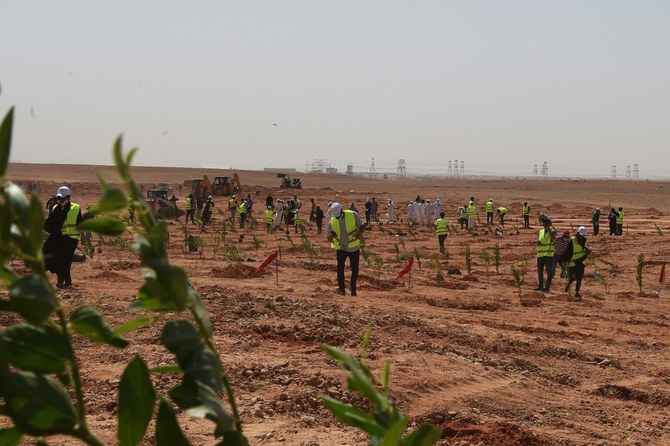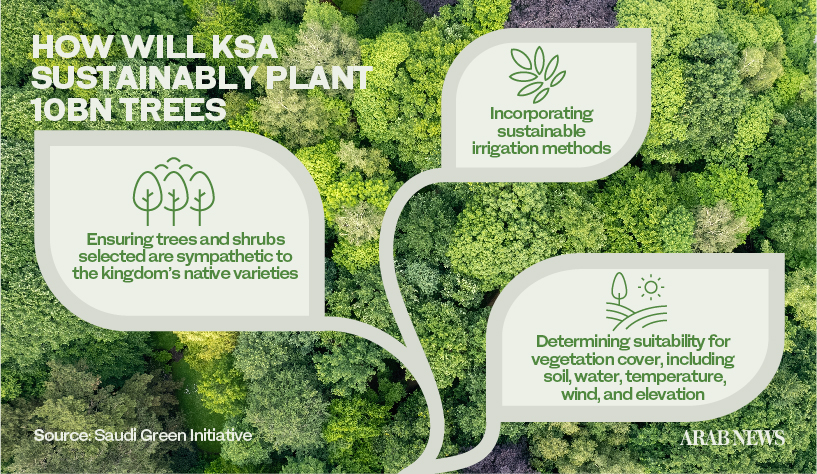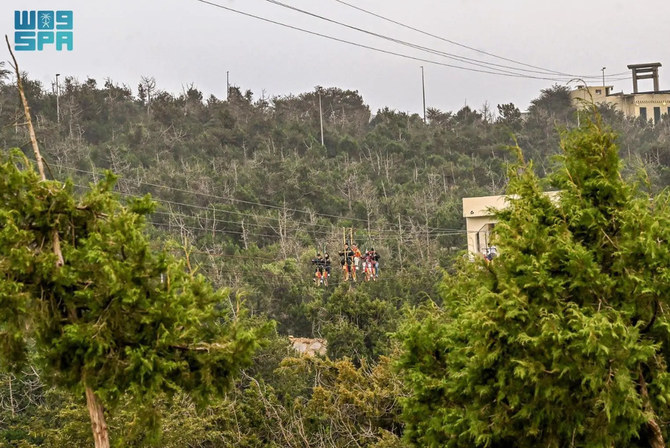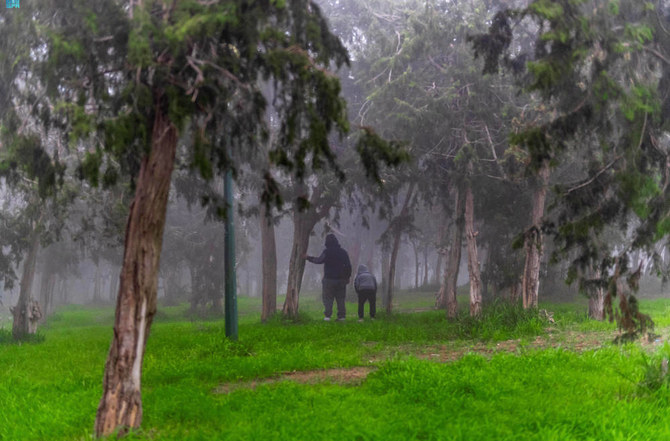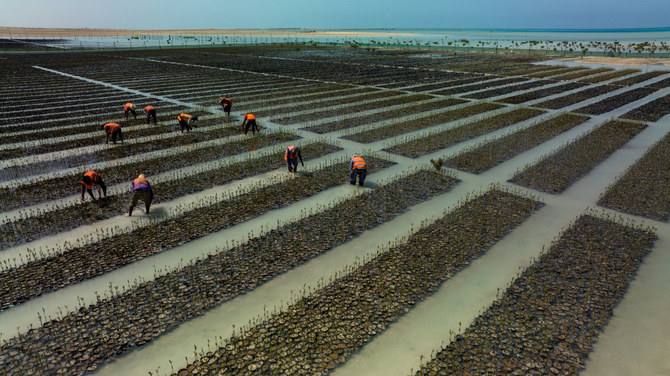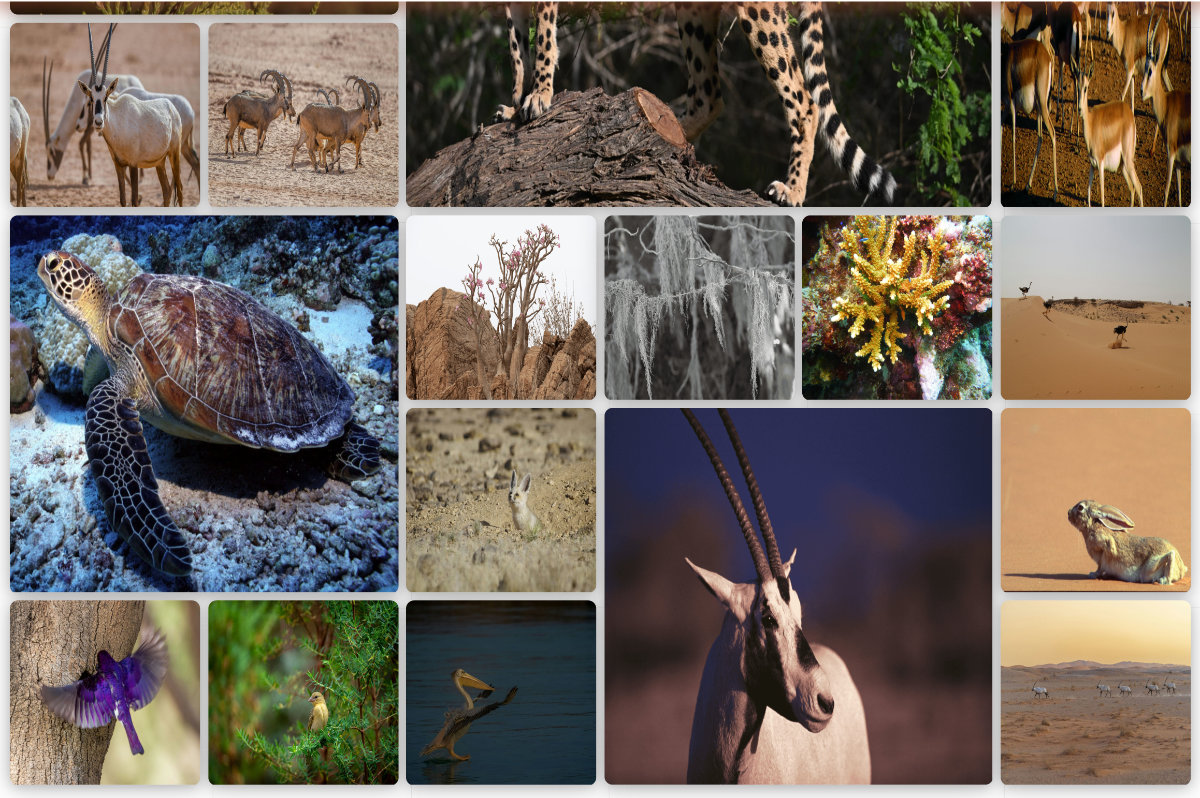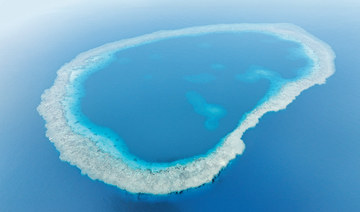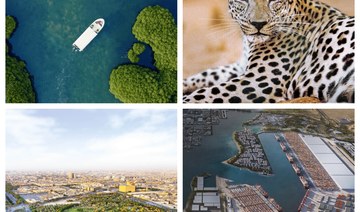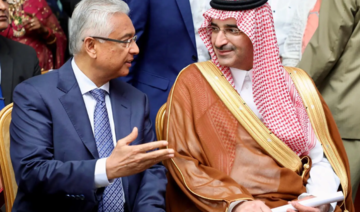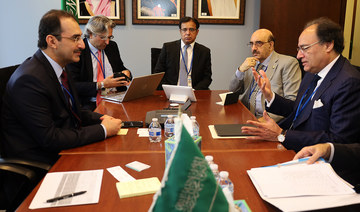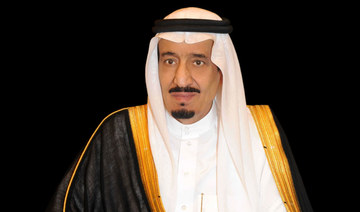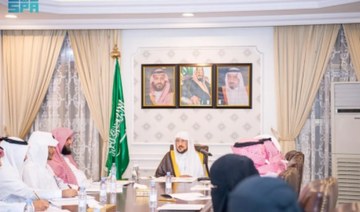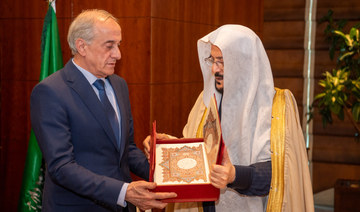BEIRUT: UN Deputy Secretary-General Amina Mohammed has welcomed the progress achieved by women in Saudi Arabia.
“Many challenges exist in Saudi Arabia, however some progress was witnessed, notably in terms of opportunities offered to women,” she said. “Saudi Arabia took the helm of the UN Women’s rights commission on women’s empowerment and gender equality, between 2018 and 2022.”
During an interview with Arab News, Mohammed said that she had recently received a request from the Kingdom to increase the number of Saudi women in UN programs.
Mohammed took part in the opening session of the Arab Forum on Sustainable Development in Beirut on Tuesday at the headquarters of the United Nations Economic and Social Commission for Western Asia (ESCWA) under the theme “Empowering People and Ensuring Inclusiveness and Equality in the Arab Region.” Mohammed met with a number of Lebanese officials to discuss the implementation, follow-up and review of the 2030 Agenda for Sustainable Development in the Arab region.
On Jan. 1, 2016, the 17 Sustainable Development Goals (SDGs) of the 2030 Agenda for Sustainable Development, adopted by world leaders in September 2015 at a UN summit, officially came into force. Over the next 15 years, countries will aim to end poverty, fight inequalities and tackle climate change, while ensuring that no one is left behind.
The 25th meeting of the Regional Coordination Mechanism (RCM) comes just weeks before the submission of the new report of the UN secretary-general on UN Reform to identify ways of transforming the UN development system at the regional level to support Arab countries in implementing an inclusive and sustainable development agenda.
Mohammed said during an interview with a restricted numbers of media outlets, including Arab News: “Everyone in the Arabic region deals well with the agenda. The first phase was excellent in terms of reviewing plans, however the implementation of these plans is not fast enough.”
Commenting on the impact of wars and instability on a number of Arabic countries, Mohammed told Arab News: “Disputes in the Arab world do not only hinder achieving the SDGs, but also add new constraints. We are not the ones who put the plans, but countries develop their own plans. Our mission is to gather all parties who can contribute to the implementation of the plans. We try to gather around the same table, governments and investors to implement plans by governments. For example, we are happy now that after a very long time, the Lebanese government managed to elaborate the electricity plan. We strive to help the Lebanese government to reach an appropriate energy map, i.e., green energy, and Lebanon officials talked about the possibility of future transformation into solar and wind power.”
“In every case there is a transition point and when peace is restored in countries experiencing wars we can then talk about investing in development. In Syria for example, you cannot begin implementing plans during transitional phases, but we are trying to implement reforms as plans. When peace is restored, then we can contribute in attracting investments and implementing plans. Unfortunately, we have failed to do so until now, but that’s what we will work on.
“Decision-makers in the region supported the implementation of the 2030 Agenda for Sustainable Development so as to reflect their aspirations and goals. All Arab countries seek to implement the plan but not fast enough and not comprehensively. For example, women are not always covered by this process, that is why we will be organizing in the next month a review highlighting the reality,” she said.
Women do exist in the UN organizations’ agendas, Mohammed said, adding that women have a role to assume in the Arabic region, and there was a need to place more women in decision-making positions. It was good to see in Lebanon a woman appointed as the Arab world’s first interior minister, she said.
The UN official underlined the “quest to promote hope. We look at reality despite all its complexity and are working with our partners to achieve their aspirations.”
“Before there is peace, we must pave the way for a development-suitable environment. We, therefore, during the transitional period, must look at the scenarios that involve women, civil society, governments and the United Nations, then we can talk about the future. Any behavior that does not involve all these parties would not be sustainable. Our role again is to gather all parties around the same table.”
Mohammed said that “2019 is a defining year for the 2030 Agenda for Sustainable Development,” underscoring “the importance of youth, technology and innovation in economic growth.” Mohammed also referred to the “high rate of women’s participation in political life as in Morocco, Egypt and Lebanon,” and said that “the world is determined not to neglect anyone.”
She said that after meeting Lebanese President Michel Aoun, “the United Nations looks forward to working with Lebanon to secure the return of the displaced Syrians to their country and supports the proposal put forward by President Aoun at the Arab Economic and Social Development Summit held in Beirut to establish a bank for reconstruction and development in the Arab countries, especially those that witnessed military events in the past few years.”
Mohammed said that the file for this could be placed in the custody of ESCWA.



